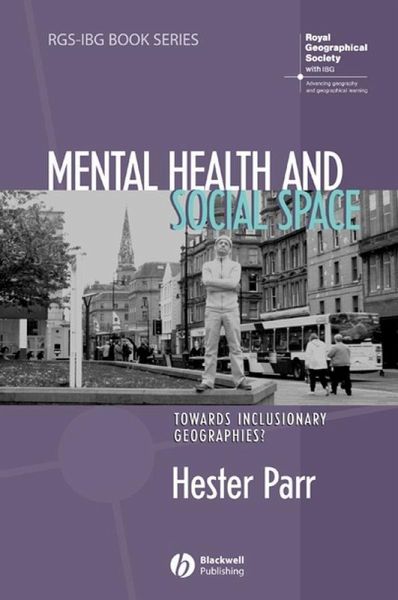
Mental Health and Social Space (eBook, ePUB)
Towards Inclusionary Geographies?
Versandkostenfrei!
Sofort per Download lieferbar
25,99 €
inkl. MwSt.
Weitere Ausgaben:

PAYBACK Punkte
0 °P sammeln!
Through a series of case studies this book brings to the fore the voices, lives, and capacities of people with mental health problems as well as the difficulties they face. It effectively demonstrates the ways people with mental health problems are active in re-scripting versions of social recovery through their use of very different community spaces. * * Offers a 'hopeful epistemology' not typically found in mental health-related research * Interrogates neo-liberal dogma that defines people with mental health problems as active social citizens wholly responsible for their own recoveries and a...
Through a series of case studies this book brings to the fore the voices, lives, and capacities of people with mental health problems as well as the difficulties they face. It effectively demonstrates the ways people with mental health problems are active in re-scripting versions of social recovery through their use of very different community spaces. * * Offers a 'hopeful epistemology' not typically found in mental health-related research * Interrogates neo-liberal dogma that defines people with mental health problems as active social citizens wholly responsible for their own recoveries and acceptance * Brings to the fore the voices of, lives, capacities and difficulties facing people with mental health problems * Imaginatively differentiates rural, urban, interest and technological communities, disrupting familiar and conventional accounts of social inclusion and 'the local' * Demonstrates how people with mental health problems are active in re-scripting their own social recoveries through their use and understanding of different social spaces
Dieser Download kann aus rechtlichen Gründen nur mit Rechnungsadresse in A, B, BG, CY, CZ, D, DK, EW, E, FIN, F, GR, HR, H, IRL, I, LT, L, LR, M, NL, PL, P, R, S, SLO, SK ausgeliefert werden.













